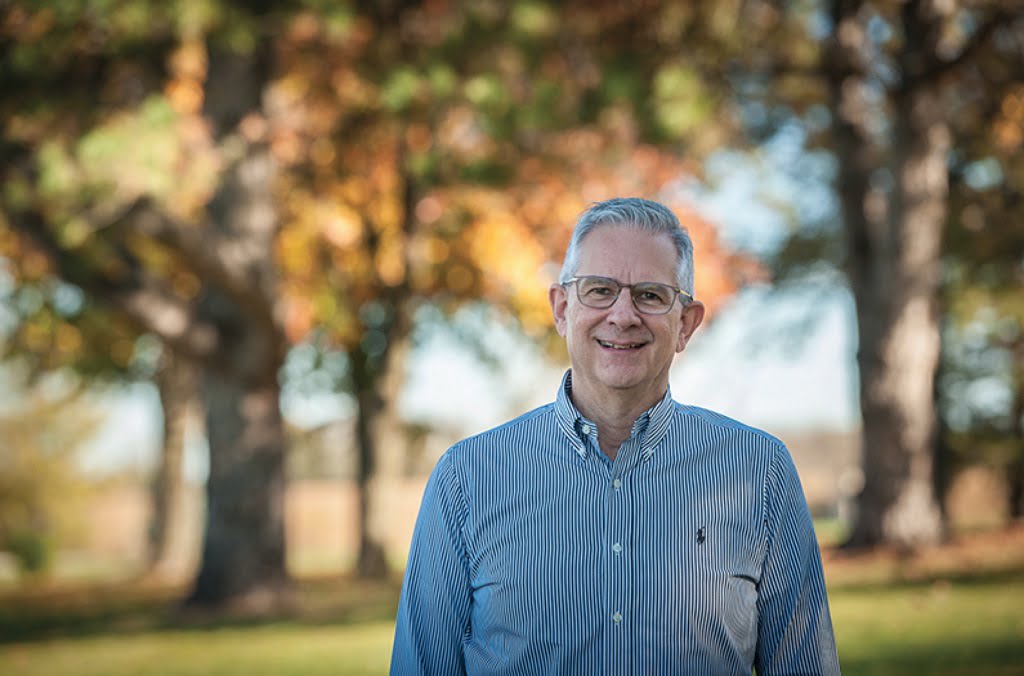
Tom Racunas is the lead consultant for the archdiocesan special-needs ministry. He can be reached by email at: tracunas@archkck.org.
by Tom Racunas
In the Sept. 22 issue of The Leaven, I began to “unpack” the words and phrases of the mission statement of the special-needs ministry: The mission of the ministry is to serve and support parishes in facilitating opportunities for a relationship with Christ by ensuring the fullest participation possible in the Catholic faith for all parishioners, regardless of ability.
I started at the end and commented on the phrase “all parishioners, regardless of ability.” Today, let’s look at the phrase “ensuring the fullest participation possible.”
I just returned from Rome where I attended an international conference, entitled “Catechesis and Persons with Disabilities: A Necessary Engagement in the Daily Pastoral Life of the Church,” sponsored by the Pontifical Council for the Promotion of the New Evangelization.
The highlight of the conference was an audience with Pope Francis. In his address to the 400 attendees from five continents, the Holy Father said, “The church cannot be voiceless or tone-deaf in defending and promoting people with disabilities. . . . The community cannot be lacking in words and gestures, especially in reaching out and welcoming people with disabilities.”
Our participation in the life of the church cannot take place in isolation. Obviously, we are not participating if we are alone.
Participation means engagement with at least one other person: “Wherever two or three are gathered together in my name, there am I in the midst of them” (Mt 18:20).
The setting for participation is with others — in community. So where does the community of the church exist?
Most often, the community of the church is recognized at the parish level in its many activities — religious education in its various forms: (School of Religion, RCIA, retreats, renewals, Totus Tuus, vacation Bible school, Bible studies for adults, parish missions, parochial education); and social activities: (parish dinners, Knights of Columbus pancake breakfasts and the Lenten fish fry, fundraising events, CYM, and so on).
In his address to the conference attendees Pope Francis said, “The Sunday liturgy, in particular, must include people with disabilities because the encounter with the risen Lord and with the community itself can be a source of hope and courage along life’s difficult journey.”
“Ensuring the fullest participation possible” first and foremost means that ALL opportunities for engaging with the community of the church are made available and accessible to ALL.
You may see a person with a disability at Mass, but do you know if the opportunity exists for them to have a role in the liturgy?
You may see that person at Mass, but do you see them at social functions or at faith formation programs? Have the activity planners considered accommodations for people with disabilities who may want to attend?
Are they really a part of your parish community?

